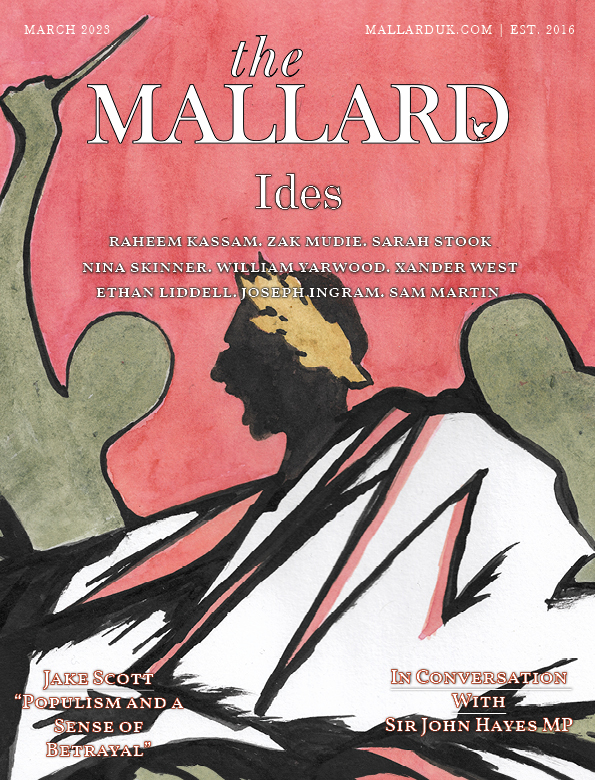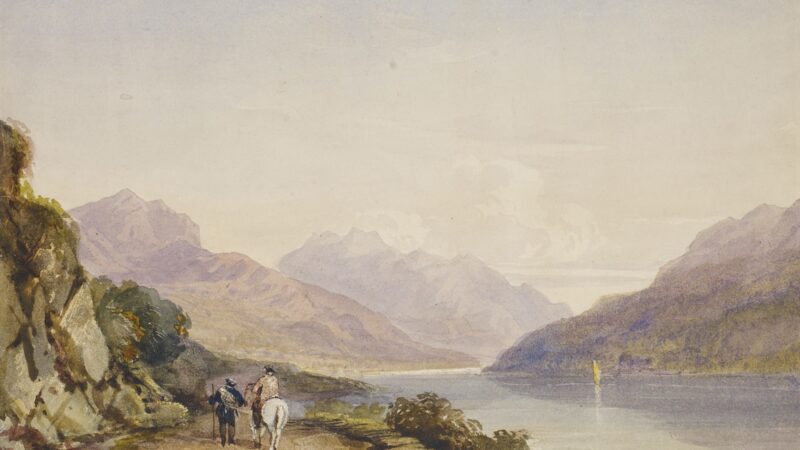Lessons from Romanticism: The Tragic Hero in an Age of Betrayal (Magazine Excerpt)
We live in an age of lost souls. Most do not recognise this consciously, nor would they wish to, yet wastelands abound subconsciously and emotionally. With that said, are many of us truly living? I cannot answer that question with complete confidence. What meaning is there to be found from a mass of emotional wrecks tucked safely away in their boxes, their lives mostly spent on screens and engaged solely in consumption to fill the void where one’s mind might just be lent the space to construct a human being? God forbid one person develops any attachment to another, for following such a world-ending eventuality the world might begin!
It may seem this situation of inner vapidity and misery is unique in the history of mankind, in large part due to the role of the internet in accelerating a constellation of societal problems. However, in tracing a lineage to the start of what is conventionally considered modernity we find another reaction against a soulless world in Romanticism. The Romantics fought the beginnings of the far more advanced creature that publications like this one react to now, hence the betrayal of their world holds lessons for the ongoing ruination of ours.
We must begin with the imagination, that most playful and frenetic component of the mind. It defies all reason and all rationality in being more attuned to one’s emotions, however deep-seated, than the rules dictating one’s circumstances in reality. Romantic introspection does not occur for the sake of modern obsessions of self-improvement, but for the inner activity of spiritually hungry souls to then be cast upon the world as art. The imagination also serves as an invitation to the infinite, an escape towards higher forms from one’s limitations. This is crucial to understanding every facet of Romanticism, as well as the lessons it might hold for the present. The movement emerged as a reaction to the nascent Industrial Revolution and the Enlightenment of the eighteenth century, both of which certainly sought to dampen the power of irrationality over the world. Instead of contemporary fashions of reason or empirical sensation, intense emotion controlled these artists’ outpourings onto canvas or page. Their works were not just about love, as the movement’s name implies, but the whole range of human emotions, since that is what the imagination can draw upon.

This is an excerpt from “Ides”. To continue reading, visit The Mallard’s Shopify.

